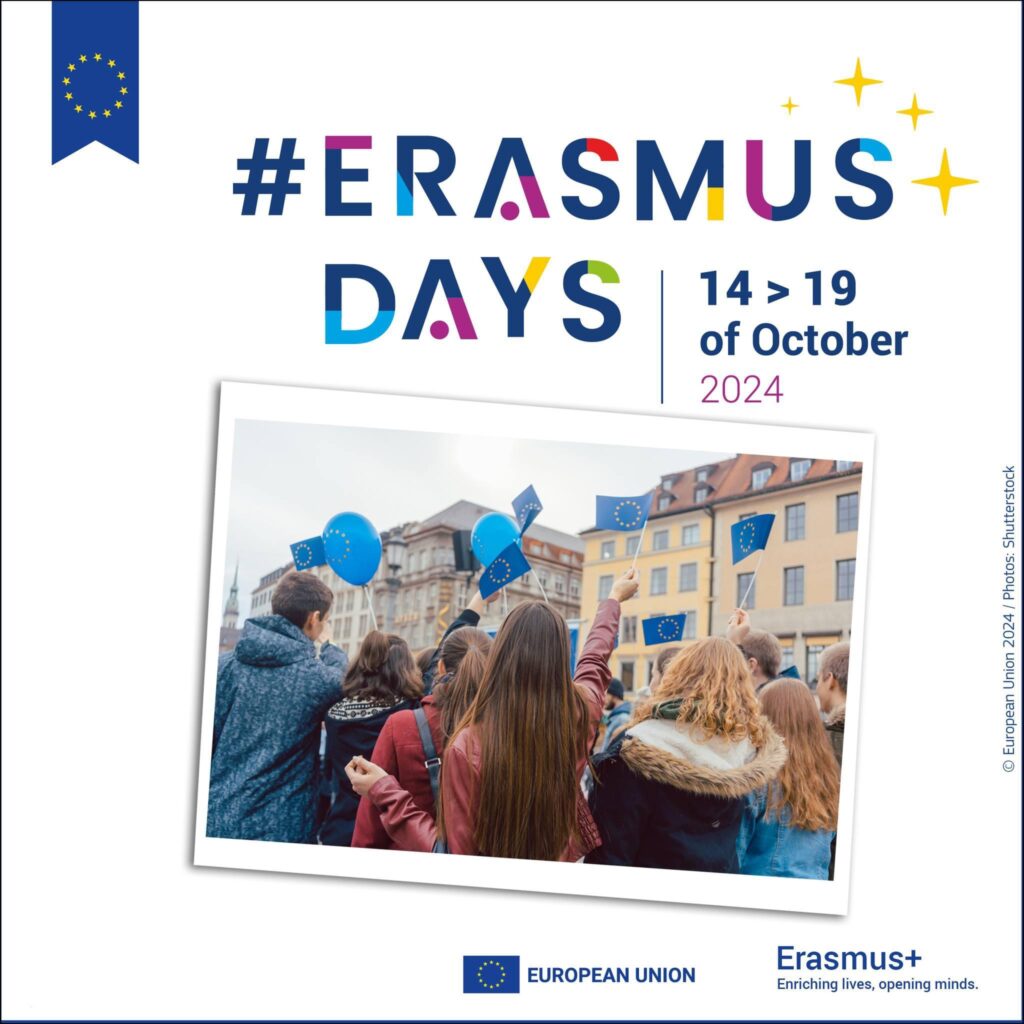 Home link
Home link

Open to public
Constantin Gh Marinescu
Erasmus accreditation is a mechanism introduced by the Erasmus+ program of the European Union, which provides financial and logistical support for educational, training, and international mobility projects. This accreditation is aimed at organizations that want to implement long-term activities in the fields of education, vocational training, youth, and sports. Key aspects of Erasmus accreditation: 1. Eligibility: Organizations in the fields of education and training (schools, universities, youth organizations, NGOs, non-formal education institutions, etc.) can apply for accreditation. They must have a clear and sustainable plan to integrate Erasmus+ activities into their educational strategy. 2. Erasmus Plan: Organizations are required to present an action plan outlining their long-term objectives and how they will use international mobility and the exchange of best practices to improve the quality of education and training. 3. Benefits: Accreditation simplifies access to Erasmus+ funding, especially for mobility projects. Once accredited, the organization benefits from a streamlined process when applying for future grants and can more easily implement European projects. 4. Duration: The accreditation is valid throughout the entire Erasmus+ program (2021-2027), allowing organizations to continuously engage in mobility and European cooperation activities. 5. Impact: Through accreditation, organizations can facilitate international experiences for students, teachers, and staff, enhancing their skills and opening up new professional opportunities. Obtaining Erasmus accreditation demonstrates a strong commitment from the organization to international educational development and is a mark of recognition for its quality and engagement in the internationalization process.